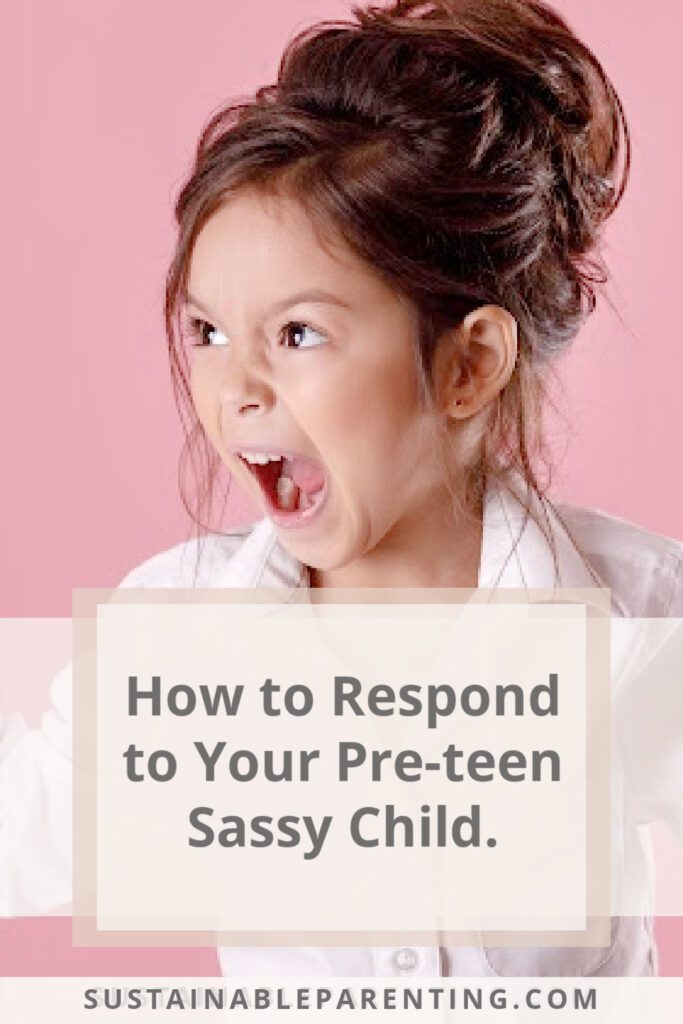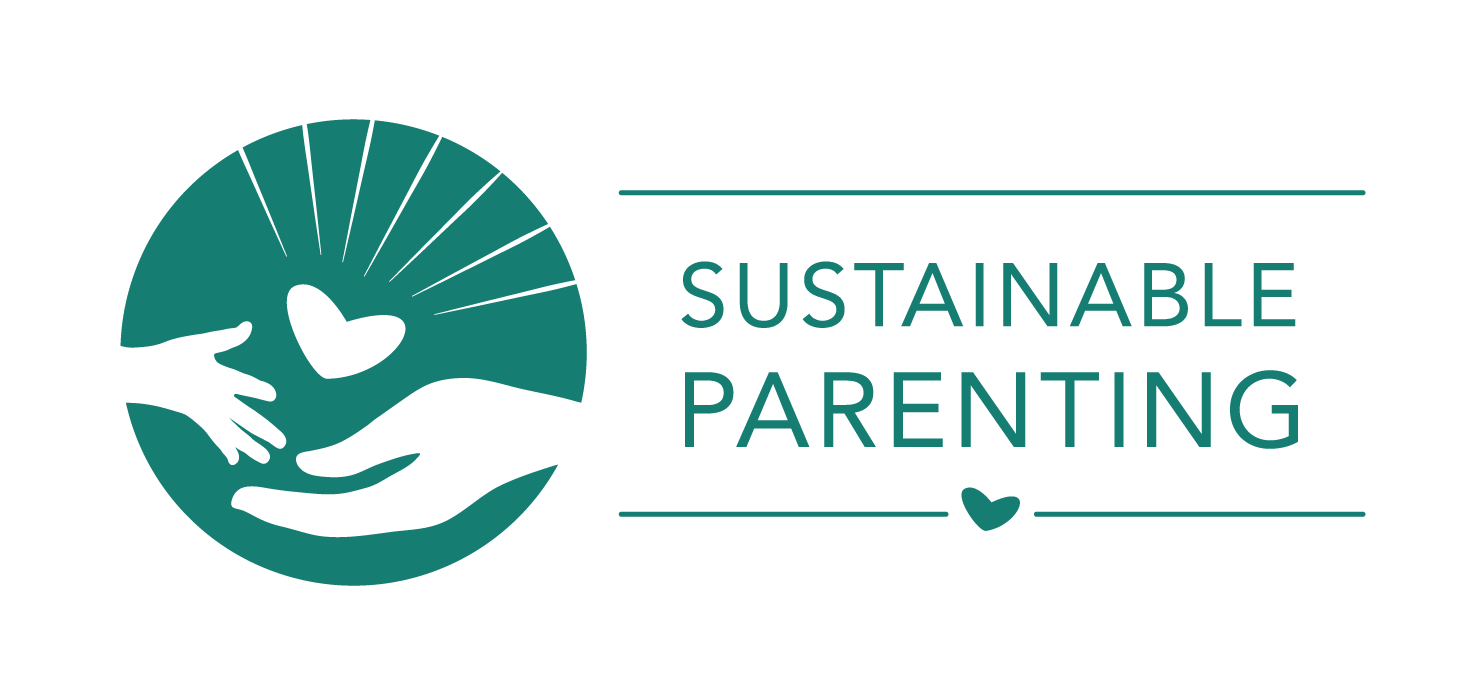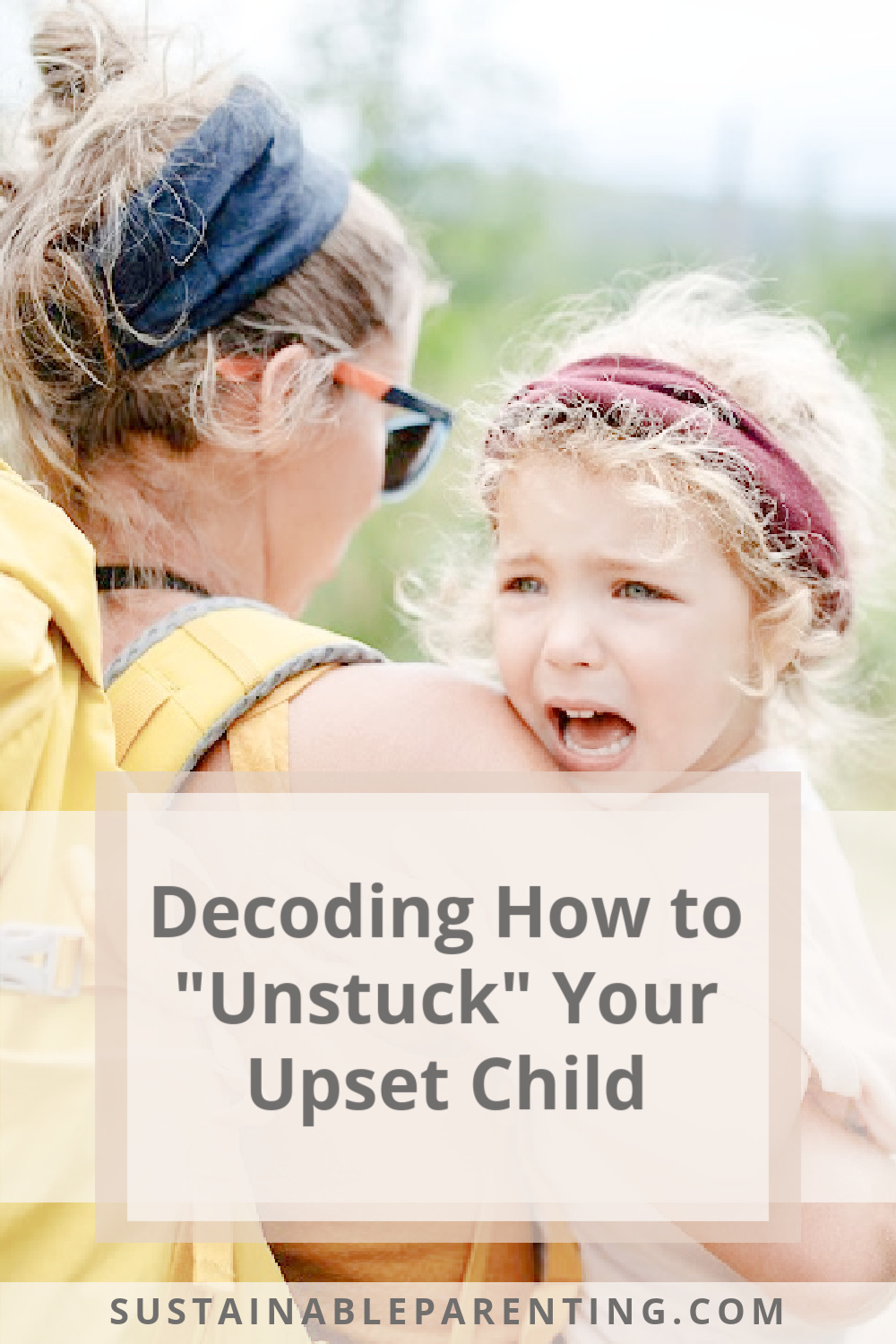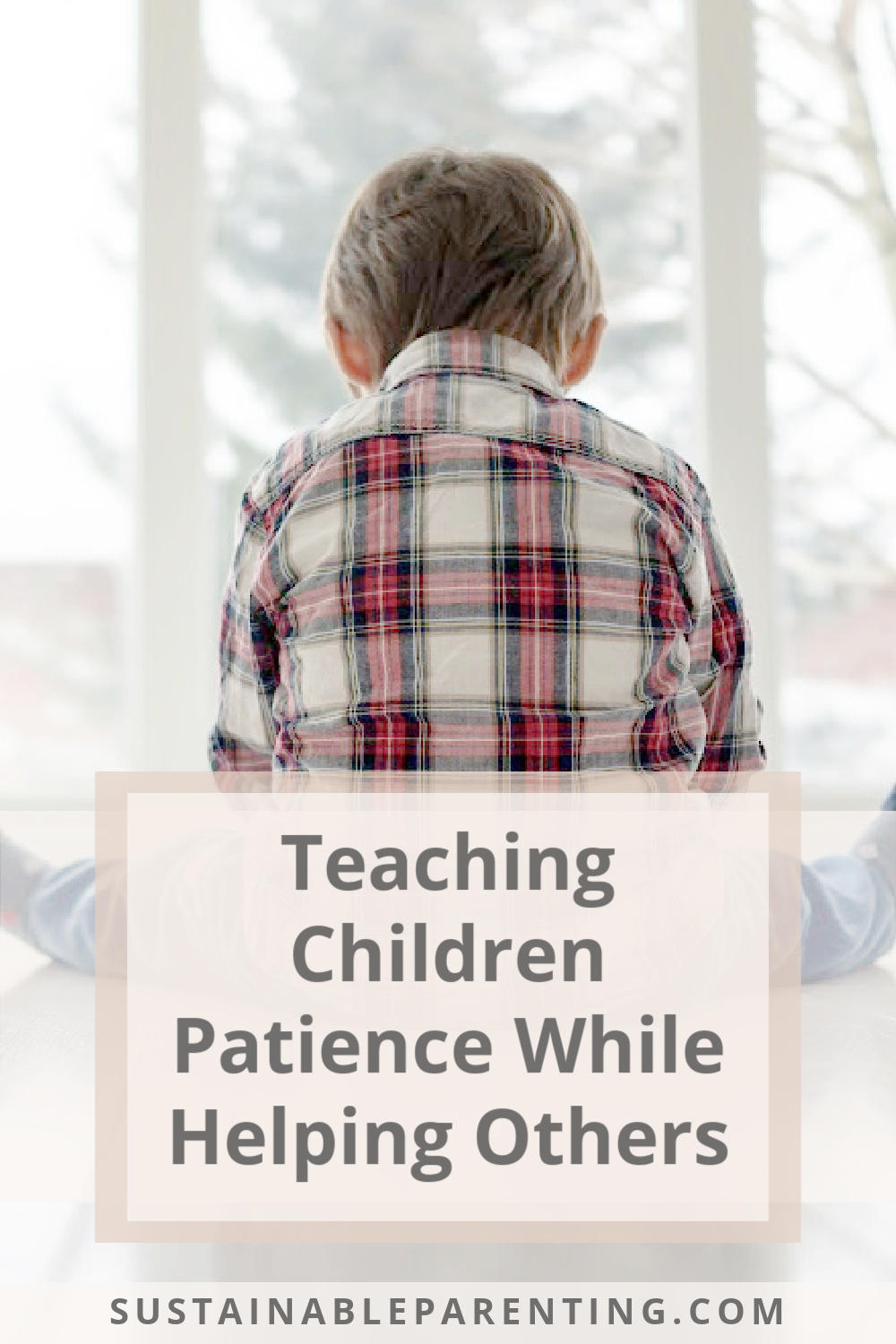
A Sustainable Parent mama wrote in with this question: “My 9-year-old has been sassing, interrupting, and pushing boundaries more and more. Especially with her stepdad (my husband). Hormones may or may not be involved, but the disrespect and tension continue to escalate. How do I begin to navigate this?” -Ashley H.
Thank you for this question, Ashley. I know there are likely many readers who can relate. Elementary-aged children (nearing the tween years) are navigating a lot of emotions and challenging experiences each day. These experiences can range from peer conflicts, social media pressures, extracurricular team expectations, and more. And all packed into a body that is just slightly passed early childhood.
2 key ways to navigate challenging behaviors:
1. Get Curious, Not Furious
When I hear children who are acting out more, with what looks like disrespect on the surface – I recommend getting curious, not furious. I wonder in what ways your young daughter may be having a problem in her life that is manifesting as disrespectful behavior.
She may not be trying to be sassy, but doesn’t quite know how to manage the feelings, emotions, and experiences she is dealing with. This is where you can come in with a connection. It’s so very counter-intuitive to look at back-talk or a child who’s ignoring and see the hurt that is likely underneath it. However, when you do strive to look under the surface of the behavior, you will likely find the key to more cooperation and positive interactions.
2. Connect Before Correct
The foundational principle is to connect before you correct. When she seems distant, snappy, or rude, try to start your response with some form of connection and curiosity about what might be bothering her. This could look like a hug, sitting next to her on the couch, and asking if there’s something she’d like to share, about what’s bothering her. Often this leads the interaction into one of vulnerability, instead of her keeping on the shell of disrespect.
Once you have established the trust that the connection brings with it, you can address her underlying emotions and why she is acting out. The situation will already be desalted, and lead to a better, solution-focused conversation.
Navigating disrespectful behavior in tweens requires a delicate balance of understanding, connection, and effective communication. By approaching these situations with curiosity, connecting before correcting, and unveiling the underlying emotions, parents can foster stronger relationships with their children. Remember, as a parent, your role is not just to correct but to guide and support your child through the challenges of growing up.
If you’d like more personalized guidance, contact Flora today.
(This article was originally printed in Montana Parent Magazine.)







